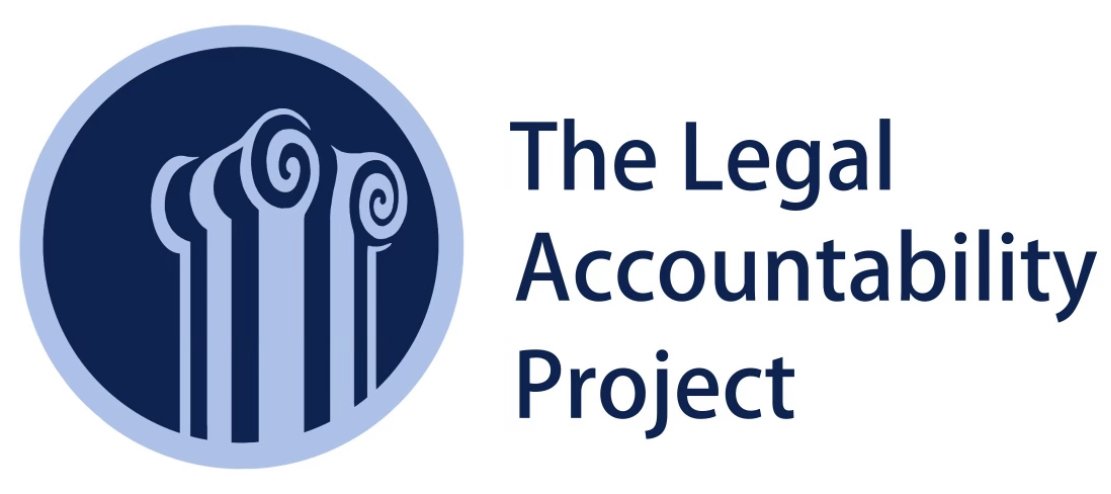“Considering the enormous premium the legal community places on judicial clerkships and their outsized influence on attorneys’ future career success, we owe it to the next generation of attorneys to ensure transparency, accountability, and safe workplaces.”
Centralized Clerkships Database
A judicial clerkship is a particularly consequential first legal job, considering the outsized importance of a relationship with a judge on an attorney’s future success. Therefore, it is particularly important for clerkship applicants to identify the right clerkship. This was historically challenging for students, since so little candid, transparent clerkship information was accessible to them, and how selectively it was shared. LAP’s Centralized Clerkships Database provides broader, more equitable, more candid information about judges as managers, chambers culture, and a diversity of clerkship experiences, thereby ensuring everyone who wants to clerk can obtain baseline information.
LAP’s Clerkships Database is a repository of more than 1,700 candid clerkship surveys about more than 1,100 federal and state judges from every state and every federal circuit. It is the largest independent repository of clerkship information in the U.S. and is more than twice the size of the largest law school clerkships databases.
This first-in-the-nation, award-winning Database fosters beneficial clerkship experiences and diversifies clerkship applicant pools by democratizing information about judges and increasing transparency in the clerkship application process. Former federal and state law clerks nationwide have been submitting post-clerkship surveys about their clerkship experiences since April 2023. Law students and recent graduates considering post-graduate clerkships or judicial externships can read all the surveys - or search by several search criteria - in order to identify judges who will create positive work environments and avoid abusive judges. The Clerkships Database replaces the “whisper networks” which were one of the only ways prospective clerks obtained information about judges, before now. This initiative ensures applicants have as much information about as many judges as possible before making important career decisions about clerking.
The Clerkships Database also empowers more diverse students to pursue clerkships, thereby bolstering schools’ clerkship programs. Transparency benefits every student, but diverse students have unique considerations when deciding whether and where to clerk—including an interest in identifying judges who hire diverse candidates and who are sensitive to diverse identities.
The Clerkships Database is populated with clerkship survey responses and contains the following information about judges: judge’s name, state, court, appointing president or governor (if applicable), appointment year, law school, race, gender, and active/senior status. It also contains the following information within surveys: clerkship interview and clerkship experience questions (drawing out both positive and negative information), including about workplace environment, feedback provided, perspective on tasks, and work/life balance during the clerkship; and ratings of the overall clerkship experience and each judge as a manager (positive, neutral, or negative). This initiative has transformed the outdated clerkship systems - and improved the legal profession - for future generations of aspiring clerks.
LAP’s content-moderation processes ensure robust responses and law clerk anonymity, thus encouraging greater candor. More information can be found in our Frequently Asked Questions section.
Accessing the Clerkships Database
The Clerkships Database is not a public-access website. Only law students and recent graduates who have signed up for Database access can view surveys. Clerkship applicants can register for Database access right now at survey.legalaccountabilityproject.org.
Neither judges nor journalists have access to LAP’s Database, thus ensuring greater candor in clerks' survey submissions. The Clerkships Database employs various security features for all users to ensure that only those who are authorized to either read or write surveys can access the platform.
Authorized users create accounts with LAP that include their first and last name, email address, law school affiliation, and graduation year. Users’ law schools may verify that they clerked. Clerks’ names will not be accessible to students reading surveys in the Clerkships Database unless clerks affirmatively choose: their names are provided upon registration solely to verify that they are authorized users. This system ensures security and also lessens law clerks’ concerns about reputational harm in the legal community and retaliation by judges that have thus far precluded them from sharing nuanced or negative clerkship experiences.
The Clerkships Database is a paid subscription model and utilizes the following tiered pricing:
Law Students pay $50/year
Recent Graduates/Practicing Attorneys pay $60/year
LAP will continue to offer the following reduced rates for bulk subscribers:
Law journals and student organizations subscribing on behalf of 50 or more students will be charged $5 per student. Organizations subscribing on behalf of fewer than 50 students will be charged $10 per student.
Law schools subscribing on behalf of all (or a previously-negotiated number of) students, will pay $5 per student (for 50 or more students) and $10 per student for fewer than 50 students.
LAP’s Clerkships Database is the best way to ensure positive clerkship experiences for the next generation of attorneys. This innovative initiative is an unprecedented step to ensure transparency, equity, and accountability in judicial clerkships.

